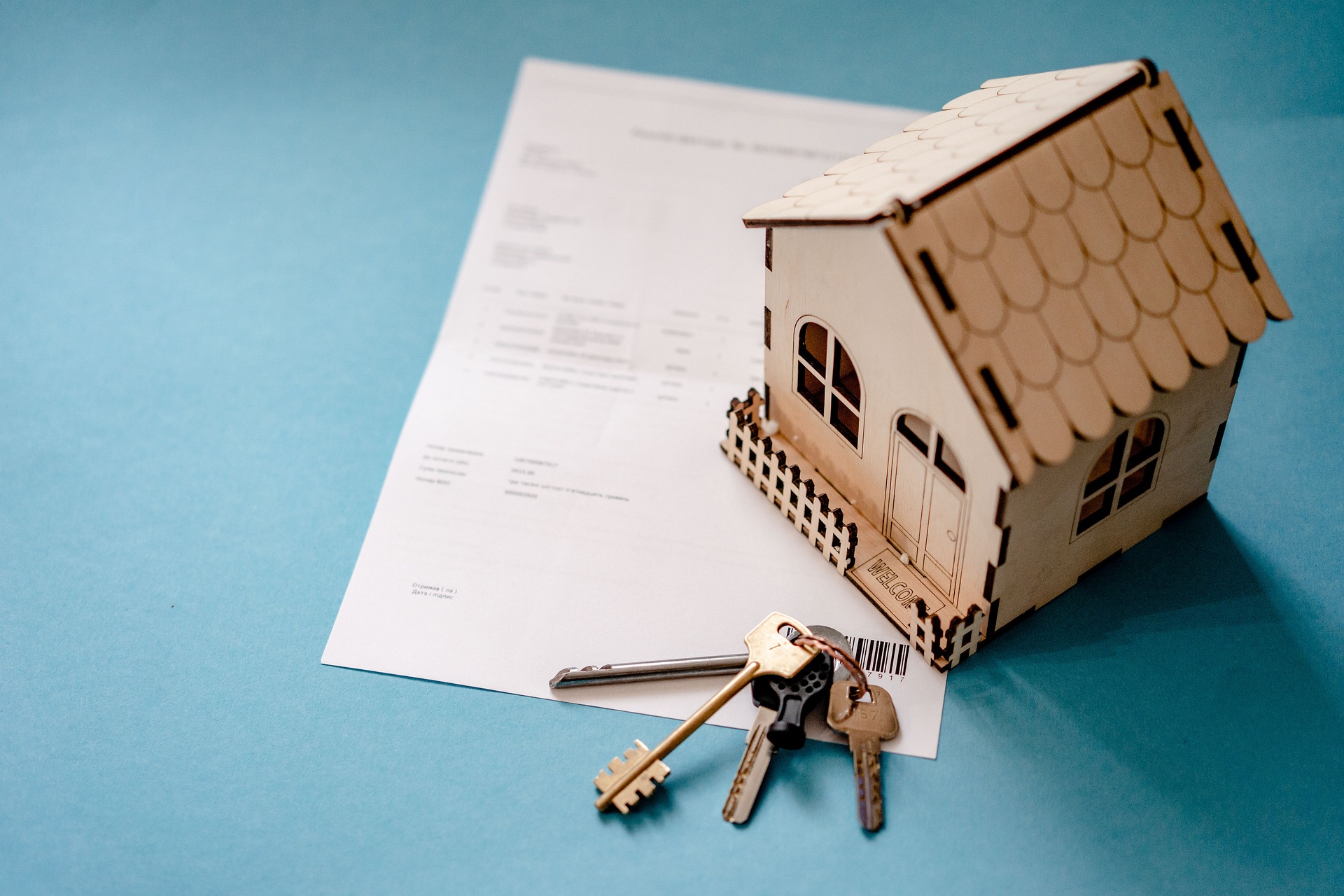If you are contemplating buying a house and applying for a mortgage, you need to know the necessary details about mortgages. This knowledge makes the process easier because you can effectively plan. Planning increases your chances of getting a suitable mortgage.
Here are eight details you should know before applying for a mortgage.
1. Your Budget
It is a common rule that you should not purchase a house that you cannot afford. Your budget will determine your down payment and monthly payment. No lender will offer you a mortgage plan that is beyond what you can afford. If the property you desire is more than your current budget, you have to increase your budget. Owning a house involves other costs, including mortgage payment, so you have to put them into consideration when planning your budget. These extra expenses could be insurance, taxes, repairs, upkeep, and dues. One easy way to calculate your budget is the 28% rule. It means the monthly mortgage payment should not be more than 28% of your monthly gross income.
2. Calculating Your Mortgage
When planning to acquire a mortgage, you should know how to calculate the monthly payment so you can choose the one that will suit your income before meeting the lender. You can use an online mortgage calculator or an amortization table to calculate the payment estimate by imputing your home price, down payment, loan term, and interest rate. The result will show you the principal, property taxes, interest, and home insurance estimate. You can go traditional and calculate with this formula;
MP = P[r(1+r)n / (1+r)n – 1]
MP – Monthly payment
Principal
r- monthly interest rate
n- number of moths for loan repayment
3. Debt-To-Income Ratio
It is the percentage of your gross monthly income that you use to pay monthly debts. Lenders use this to determine the risk associated with your borrowing. A low ratio indicates a good balance between your debt and income, while a high ratio implies that you owe a lot of money with a poor balance. Borrowers with low ratios have a higher tendency to settle their debt promptly. That is why lenders prefer people in this category. The highest rate a lender can take is 43%, but most lenders seek a maximum of 36%. If your current debt-to-income rate is high, you need to increase your income or reduce your debt to qualify for a desirable mortgage.
4. Credit Score
It is a vital factor to determine if a mortgage will be approved for you. It is the figure lenders use to estimate the risk associated with borrowing. The score isn’t a fixed number, as it can frequently change with credit activities. The general credit score used is the FICO score. This score is determined using some information on your credit report. The required information needed are; payment history (35% of the score), debts (30%), credit history length (15%), credit type (10%), and new credit (10%).
There is no universal categorization of credit scores, but there are range lenders consider when looking at the credit scores. A score of 740 to 850 is excellent, and one of 670 to 740 is good. A credit score of 300 to 580 is poor, and it comes with a low chance of getting a mortgage. You can boost your credit score by paying off debts and paying your bills on time. You can still get a mortgage with a low score if you have a solid down payment or a low debt load.
5. Mortgage Option
There are different mortgage options, and each type comes with its risks. The options are a function of the loan type, loan term, and interest rates.
- Loan type: Most mortgage plans present are conventional mortgages. If you are a first-time homebuyer or have a unique situation, you can be considered for a special mortgage. It is necessary to know these special mortgage criteria for qualification. Some particular loans are the FHA and VA that are both government-insured mortgages. VA loan is for military and ex-military personnel and spouses. There are also balloon payment mortgages, which involve payment of a mortgage at the end of the loan. There are reverse mortgages for senior citizens.
- Loan term: There are usually 15 or 30 years, but there are other durations. A short loan term means high monthly payments, low-interest rates, and low total costs. Longer loan terms have the reverse benefits.
- Interest rate: It could be fixed or adjustable. Fixed rates have a lower risk because the charge does not change for the loan payment duration. An adjustable-rate is a riskier option because it starts with low interest, then the rate can increase or decrease over time based on the market. An increased rate may be harder to maintain.
6. Your Assets
Asset verification is a necessary step for the approval of a mortgage, and it can be cumbersome. To avoid a stressful process, you should know what are considered assets and organize them before the verification. Assets are your net worth, and they include; certificates of deposits, checking, savings, money market, retirement, and brokerage accounts. The lender needs to be sure that the money in your account is yours and not a deposit for another person or firm, else it will raise a red flag, and the mortgage can be disapproved.
7. Mortgage Insurance
The insurance policy protects a lender from defaulting borrowers or situations where the borrower passes away or cannot fulfill the mortgage contract. The borrower pays the insurance as part of the monthly payment. There are different types, but the most commonly used is private mortgage insurance.
- Private mortgage insurance: This insurance is in place when the down payment is less than or equal to 20% of the property value. The insurance rate can range from 0.14 to 2.24%, and the borrower is required to pay it as part of the monthly payment, annual payment, or a single lump sum.
8. The Right Lender
You should know how to find the right lender. The person should have a good understanding of the business, have a good reputation, and should be able to offer a good deal. You should know that going from shop to shop is not the only way to get a lender. You can get one by online reviews and referrals from trusted friends and relatives.
There is no guarantee that a mortgage application will go smoothly. But with the proper preparation acquiring the loan will be easier. Understanding the mortgage system will help you prepare properly.





Leave A Comment